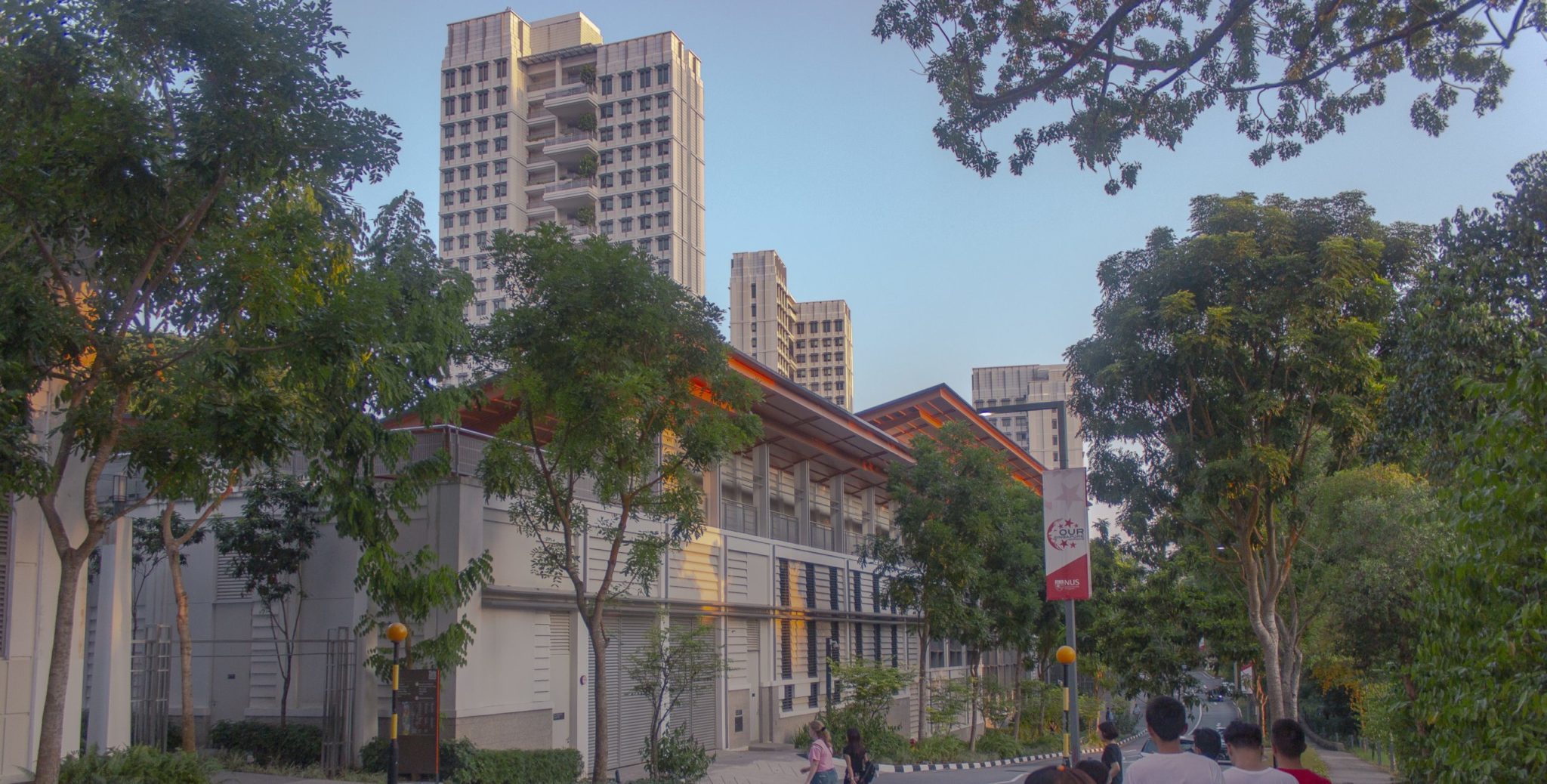
Courtesy of Joshua Vargas
Five Yalies living in Singapore traded a semester of online classes and a 12-hour time difference for a semester at Yale-NUS, complete with in-person classes and on-campus activities.
Senior Associate Director of International Programs at Yale-NUS Lindsay Allen told the News that the two schools have worked closely together since early this summer to prepare a “pathway” for Singaporean and Singapore-based Yale students to study at Yale-NUS this semester. Three of the five Yalies who decided to do so are living in the Yale-NUS residential colleges, while the remaining two are commuting to campus from their homes. The students commented on the differences between life in New Haven and Singapore.
“Of course, a part of me wishes that I could still be back in New Haven, but I think spending a semester at Yale-NUS has been a silver-lining of sorts,” Tat Wei Lee ’21 wrote in an email to the News. “I’ve managed to take some classes that I would not be able to take in the US –– classes focusing on Singapore-specific issues, or fields that Yale has limited classes in. It’s also been nice to get a taste of what local Singaporean university culture is like, and to reconnect with old friends here and make new ones, too.”
Some courses available to students at Yale-NUS that are not typically offered at Yale include “History and Culture of Southeast Asia,” “Singapore Biodiversity: Past, Present, and Future,” “The Female Image in Japanese Art and Literature” and “From Edo to Modern City: Tokyo.”
Lee said he received an email from the Yale Center for International and Professional Experience in June, which was sent to all Yale international students who reside in Singapore, with information about studying at Yale-NUS this semester. He told the News that he saw this as a valuable opportunity to “reintegrate into Singapore,” after having spent the past three years in the United States.
According to Allen, the counselors from the Yale-NUS CIPE met with interested students over Zoom to answer questions about the program. They helped students with submitting their applications to the school, as well as with navigating late course registration. According to students who applied, the application was mainly administrative.
“Due to safety concerns, I decided to stay in Singapore [for the Fall 2020 semester],” Lee wrote. “But at the same time, having had the experience of taking online classes in the second half of the Spring semester, I decided that the 12-hour time difference might diminish the quality of education I might have, and my emotional and physical well-being.”
Sarah Chiang ’22, who commutes to Yale-NUS from her home, said that the academic experience in Singapore is fairly different than back in New Haven. She explained all the classes at Yale-NUS are seminars capped at 18 students, which helps her feel more engaged. Chiang added that her workload distribution is more consistent than it is in New Haven, creating what she described as a “constant level of stress,” due to Yale-NUS’ frequent assessments.
Students also reflected on differences in residential life between Yale-NUS and Yale College. While Yalies are divided into one of fourteen residential colleges, Yale-NUS students are allocated to one of three: Elm, Saga or Cendana.
Allen explained that these residential colleges are designed to create “nested communities” within the school. She added that students are also encouraged to engage with the Yale-NUS Residential Curriculum, which is a special sequence of programs, discussions and activities that help students build life skills and broaden their perspectives.
According to Chiang, the residential colleges at Yale-NUS have many structural support programs –– such as peer counseling and check-ins with deans –– as well as fun study breaks and similar activities.
“I think the vibe is pretty different,” Chiang said. “I get the sense that it’s a function of size. Yale-NUS feels more like a small liberal arts college than Yale … so being part of a residential college plays a bigger role in the lives of Yale-NUS students.”
Although Yale-NUS is not completely in person — the school is currently in a hybrid format, where most everything has both in-person and Zoom attendees — in-person campus life does exist.
According to Lee, the small campus size of under 1,000 students makes the campus feel “intimate and close.” In addition, Yale-NUS has tried to invite speakers and hold events for students, Lee said.
“I hear stories of frequent free buffets on campus, intramurals, and a variety of weekly activities and events that really makes the campus quite close-knit and warm!” Lee wrote in an email to the News.
As of last Tuesday, none of the five Yalies have committed to enrolling at Yale-NUS for the Spring 2021 semester, according to Allen.
Julia Brown | julia.k.brown@yale.edu
Madison Hahamy |madison.hahamy@yale.edu







